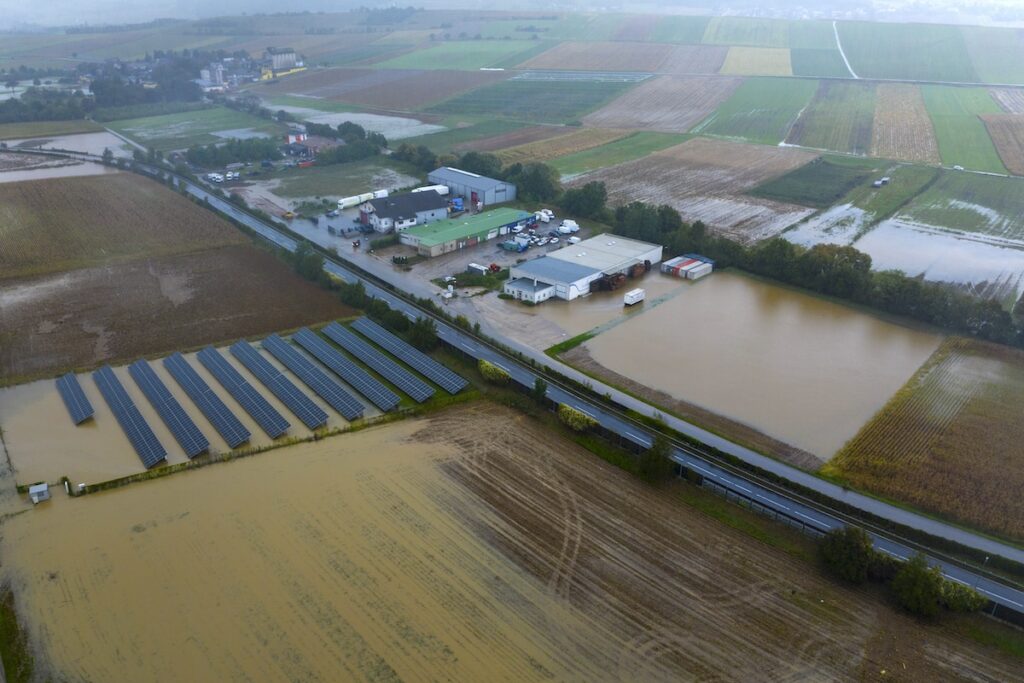Floodwaters after heavy rain in Jesenik, Czech Republic on Sept. 15, 2024. Gabriel Kuchta / Getty Images
More rain has fallen in Austria’s St. Polten than in the wettest autumn ever recorded, in 1950.
“If you were here, you would cry instantly, because people are desperate, their whole lives’ work is gone, there were people who were left with just the clothes they had on,” said Mayor of Slobozia, România, Emil Dragomir, as BBC News reported.
More rain is forecast through Monday and Tuesday in the Czech Republic, Austria and southeast Germany, which could get an additional nearly four inches.
The weather is predicted to dry out by midweek in central Europe, though it could take days for floodwaters to subside.
Storm Boris will then move south into Italy, where it is forecast to intensify again, bringing more heavy rain, particularly to the Emilia-Romagna region.
While atmospheric pressure caused Storm Boris to crawl across the continent, a number of factors contributed to Central Europe’s record rainfall, including climate change.
When the atmosphere is warmer, it holds more moisture, scientists say, which leads to more intense rain. Warming oceans also cause more evaporation, feeding storm systems.
For every one degree Celsius increase in the global average temperature, Earth’s atmosphere can hold roughly roughly seven percent more moisture.
Source link : https://www.ecowatch.com/flooding-central-europe-2024.html
Author :
Publish date : 2024-09-16 07:00:00
Copyright for syndicated content belongs to the linked Source.
